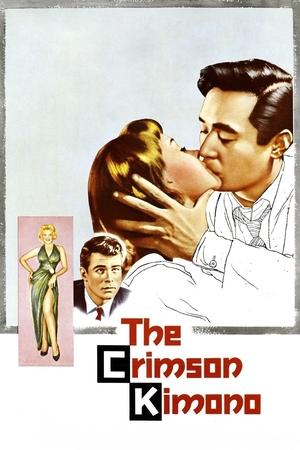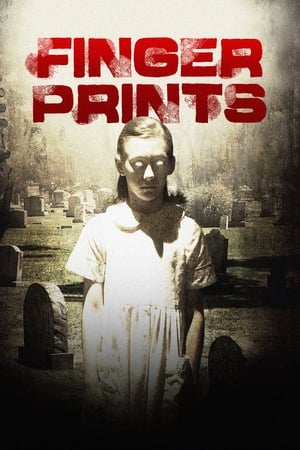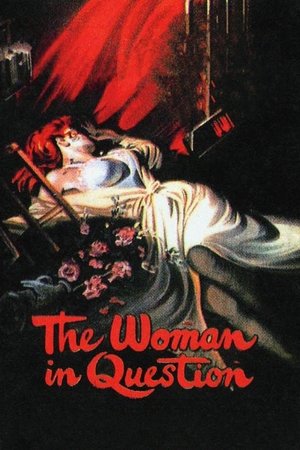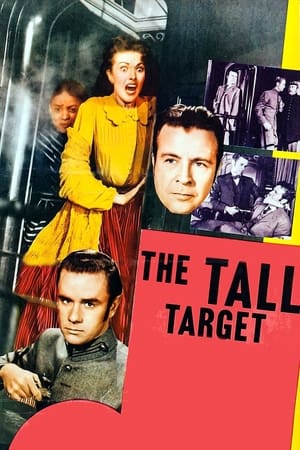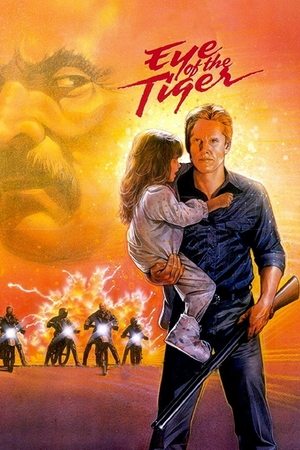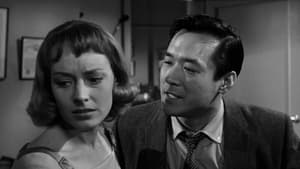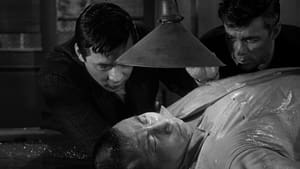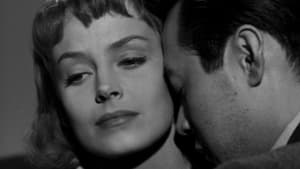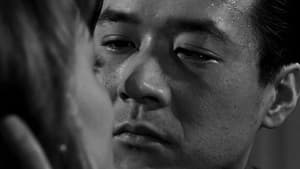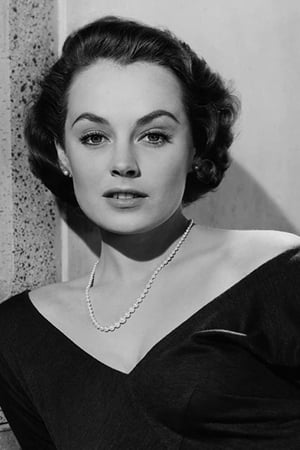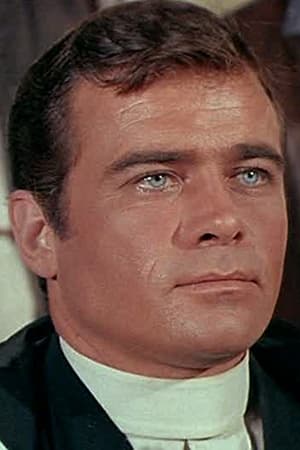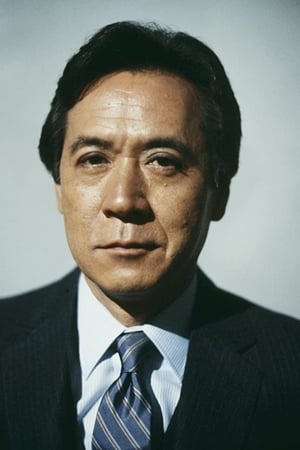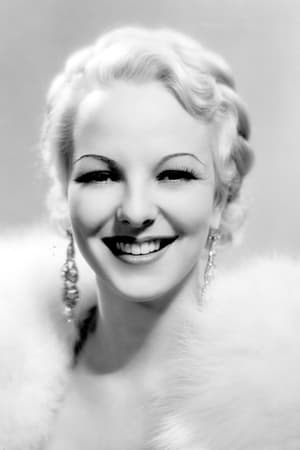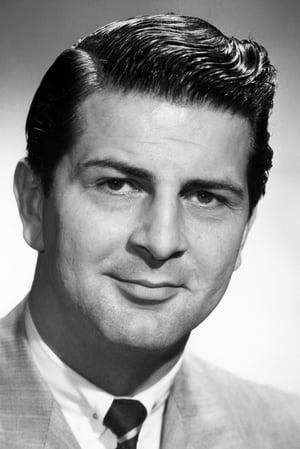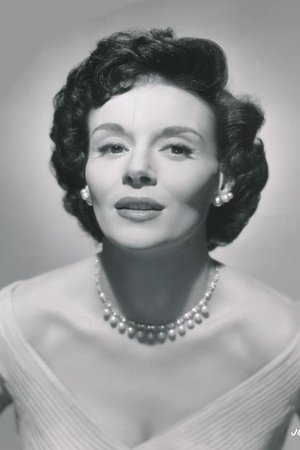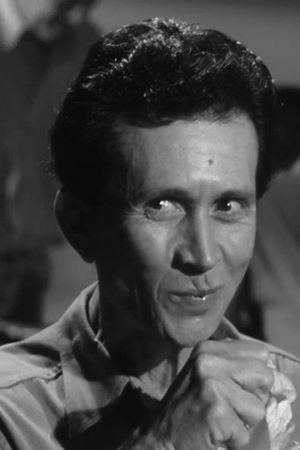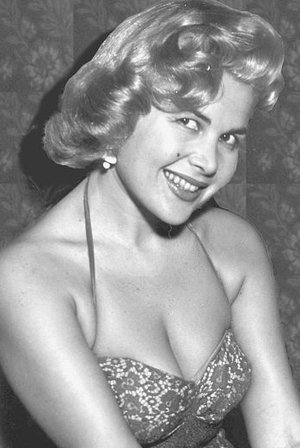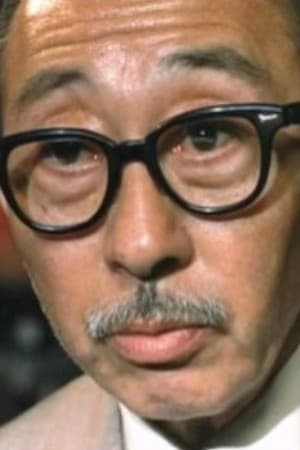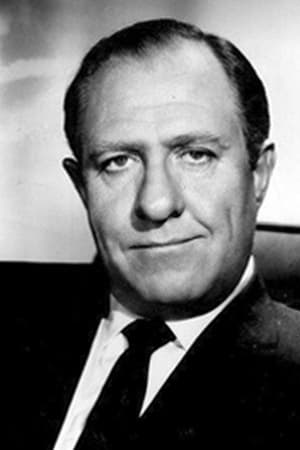-
John Chard
You don't have to, it's all over your face. The Crimson Kimono is written, produced and directed by Samuel Fuller. It stars Glenn Corbett, James Shigeta, Victoria Shaw & Anna Lee. Cinematographer is Sam Leavitt and the music is by Harry Sukman. Plot is about two L.A. cops, Joe Kojaku (Shigeta) & Charlie Bancroft (Corbett), deep friends of a different race, bonded by blood who met during the Korean War. When stripper Sugar Torch (Gloria Pall) is shot and killed, the two men's investigation sees them follow a painting to the artist who painted it, Christine Downes (Shaw). It's the start of a love triangle that could have far reaching consequences for not only the investigation, but also Joe, Charlie & Christine. 1959 saw the release of Douglas Sirk's Imitation of Life, a much talked about movie, that whilst splitting the critics down the middle, was none the less the fourth biggest earner at the box office that year. Sirk's film, amongst other things, had a racially charged thread in it that gave it some added potency. The Crimson Kimono also had a racially charged thread running thru it, but Samuel Fuller's film, it seems, slipped under the radar. Now of course in the modern era of film, Sam Fuller is often name checked by the likes Scorsese & Tarantino as being an influence, while the French New Wavers were quick to laud him as a stylistic influence too. The Crimson Kimono is far from being Fuller's best work, but it is unmistakably a Fuller movie, and one that is a must see for those of a noir/hard-boiled persuasion. Fuller has managed to put a murder mystery at the core of his film and wrap around it a tale of inter-racial tolerance, jealousy and sexual confusion: set deliciously to the backdrops of an urban part of L.A. and the more cosmopolitan Little Tokyo. As he weaves his vision together, never once hitting the viewer over the head with its messages, Fuller neatly plays around with his camera. Up close and personal to his actors, sweeping alongside for walk sequences and scatter-gun shooting for his action scenes (a Kendo fight is an action high point). It's thoughtful film making, the camera puts us in with the story and no scene is wasted, it's all relative, particularly as tensions start to rise between the two best friends and the case starts to unfold. The principal actors are not big names, but all are very credible, and the lack of star power actually benefits the piece by keeping the narrative grounded. While the supporting Anna Lee (How Green Was My Valley) as an alcoholic mother figure type is a joy to watch. Sam Leavitt's (Anatomy of a Murder/The Defiant Ones) photography has it just right, the black & white has a stark look for the street exteriors and the interior focus has that hue of character importance about it. Harry Sukman's music is also worthy of mentioning, blending jazzy beats with oriental flavors, it's well in keeping with the nature of the story. Although there's no cop out in the finale, in fact it's an important and affecting finish as regards the characters, the murder mystery angle close down is a little unfulfilling in context to the mood that has overall been built up. But it's no deal breaker and doesn't detract from what a very good movie The Crimson Kimono is. 8/10
please Login to add review
